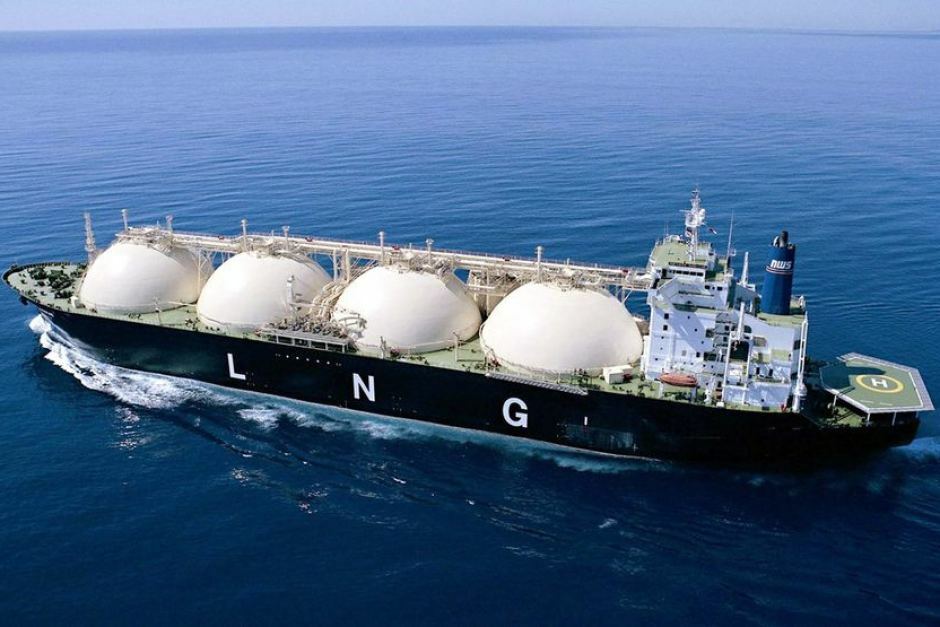
Biden's decision on gas could change the situation in the Global market
By Rhod Mackenzie
European and American energy officials have differing views on the implications of the Biden administration's recent halt to liquefied natural gas (LNG) export permits for Europe's energy security. American LNG became Europe's main replacement after it abandoned Russian pipeline gas. Over the past two years, the Old World has accounted for more than 60% of all American liquefied gas exports.
According to an official representative of the European Commission who spoke to Reuters, the suspension of American LNG projects will not have any immediate or near-term impact on European energy security in the gas sector. However, energy workers are concerned, as reported by Foxbusiness. They fear that if demand for LNG on the continent exceeds supply, a temporary halt to export permits could jeopardise energy security.
Germany's largest gas trader, Uniper, has warned that the proposed measure could have negative consequences for the energy security of Germany and Europe in the future. This could result in rising gas prices due to reduced supplies to the market.
As a result, one of the LNG projects that will now have to be postponed indefinitely is the Calcasieu Pass 2 project of Venture Global LNG. The project was supposed to supply LNG to the German company SEFE and to Japan's largest gas company, JERA.
The International Gas Union (IGU), which has over 150 members, expressed serious concern about the decision made by the American authorities. This decision poses a threat to global energy security and the fight against harmful emissions into the atmosphere.
LNG Allies, is an association which represents U.S. liquefied natural gas exporters, urged the Biden administration to allow the market to determine which LNG projects to pursue, cancel, or postpone.
The Association stated that most forecasts predict a continued growth in demand for LNG over the next decade. If US supplies fail to match this growth, European countries may have to choose between buying gas from Russia or reverting to coal.
The global demand for LNG is expected to increase, but in Europe, the demand may decrease if the European Union achieves its goals for the transition to renewable energy sources.
Anne-Sophia Corbeau of the Center for Global Energy Policy at Columbia University explains that due to the increasing demand for biomethane and gas from Norway, Africa, and Azerbaijan, coupled with a decrease in production, the demand for LNG in Europe is expected to decline progressively, particularly after 2030, which will be impacted by Biden's decision.
According to the US Department of Energy, American LNG exports currently amount to 378 million m3/d. Additional LNG projects, totaling 1.296 billion m3/d, have been approved and are not subject to the 'pause'. In 2019, the United States surpassed Australia and Qatar to become the world's leading LNG exporter. American LNG is primarily exported to Europe and Asia, with Japan set to become the world's second-largest importer of liquefied natural gas by 2023. Japan's Ministry of Finance reports that the United States now accounts for 34% of Japanese gas imports, while imports from the Middle East and Russia have decreased by 12% and 11%, respectively.
